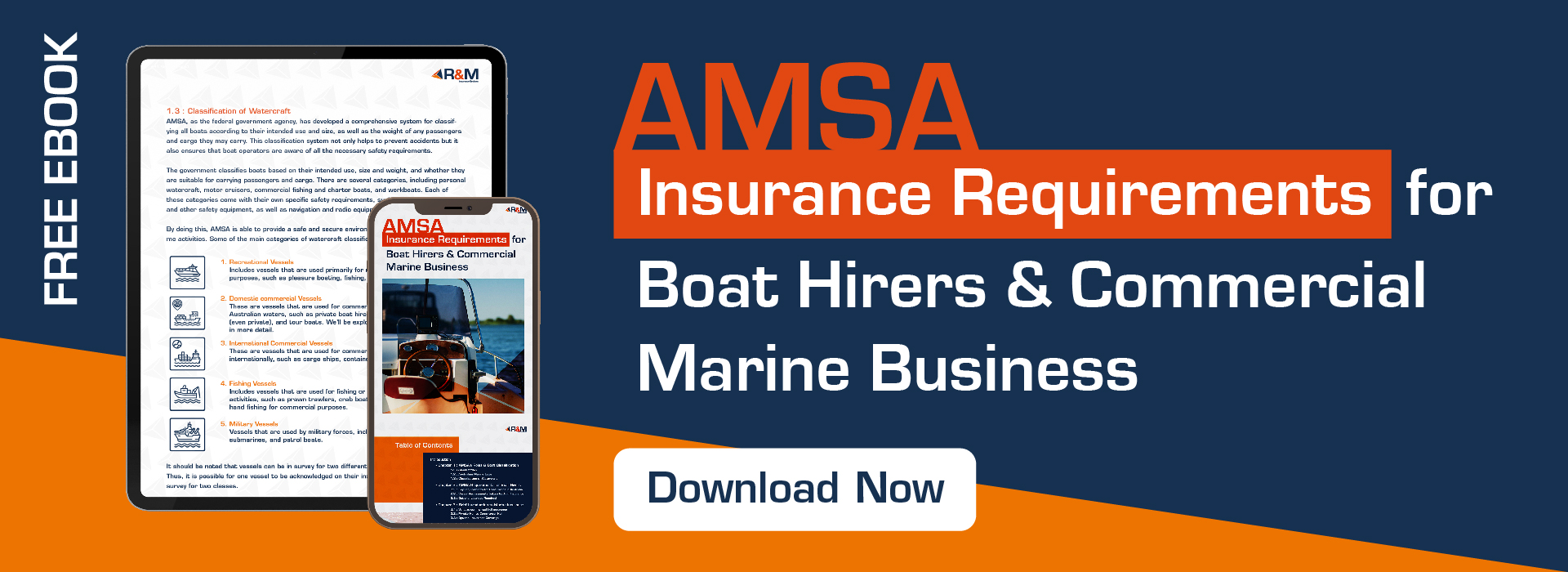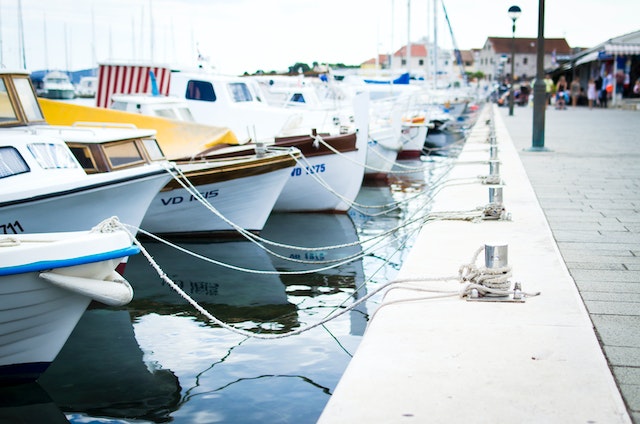
Boats are high-maintenance items, every boat owner knows this. Even when you’re not using it, they still incur cost through docking or berthing fees, among other things. At the same time, there is a segment of people who are not ready to invest in their own boat but would love to be outdoors on the water.
Which is why a lot of boat owners are happy to rent their boats out to eager aquaphiles. Boat rental has seen some popularity in Australia over the years, for good reasons. So, if you are planning to rent out your watercraft, it’s good to know what sort of preparation you need to do.
Here are several steps you should take to ensure a smooth and successful rental experience:
1. Get Familiar with Relevant Regulations
Before setting up a boat rental business, it’s important to know the laws and regulations pertaining to which operation you wish to pursue. For domestic commercial vessels, the relevant regulation to know includes the Marine Safety (Domestic Commercial Vessel) National Law Act 2012.
Every boat operator must adhere to the legal requirements set by the Australian Maritime Authority (AMSA). Depending on the specific nature of your business and the activities you plan to carry out, you may also need to obtain other licenses or permits. For example, if you plan to carry paying passengers, you will need to have a Vessel Operator’s License.
2. Obtain Safety Certificates
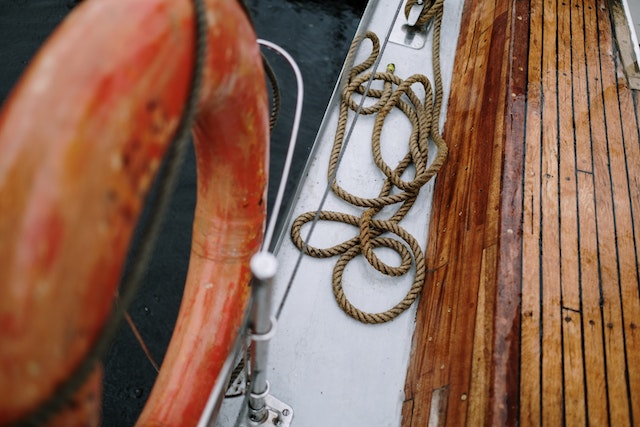
When learning about the laws and regulation for commercial vessels, you’ll find that there are a few safety standards you’ll need to comply with. Your boat must be inspected and certified before it can be used for commercial purposes. This will involve a survey of the boat’s equipment, as well as a review of the boat’s safety and emergency procedures.
Therefore, it can be helpful to develop a safety plan that outlines the procedures to be followed in case of an emergency. This should include information on evacuation procedures, emergency signaling, and the use of safety equipment. Don’t forget to make your customers aware of the safety plan and procedures.
If you will be hiring a crew to operate the boat, they will need to be properly trained and qualified with the right certifications. This may include obtaining a marine license as well as training in safety procedures and emergency responses. Some operators even designate an emergency contact person or number that customers can reach in case of an emergency. This can be a crew member, the boat owner or a local coast guard.
3. Register Your Rental Business
All vessels used for commercial purposes in Australia must be registered with the relevant state or territory maritime agency. This includes vessels used for charter, hire, and other commercial activities. You will need to provide the agency with information about your boat, including its make, model, and registration number.
Before renting out your boat, you should should ensure that you have an ABN to invoice from and that your vessel is in survey with AMSA for its correct use (ie. Domestic Commercial when hiring out your pleasurecraft).
4. Write Out Clear Terms & Conditions
Another thing to know before renting out your boat is to have clear rental terms and conditions in place to protect your interests and ensure that renters understand their responsibilities. These should include details such as the rental period, fees, and any restrictions or limitations on the use of the boat.
Ensure that you have proper contract and liability waivers in place for your customers. These documents should clearly outline the terms and conditions of the rental, including the responsibilities of both parties and any restrictions on the use of the boat.
Alternatively, if you use a booking agent, they will be able to assist with the T&C’s along with the marketing for your vessel.
5. Schedule Regular Maintenance
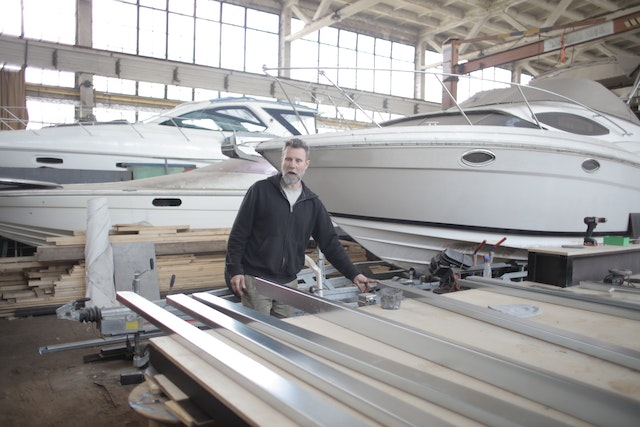
It may seem obvious but as boat operators, but it’s necessary to regularly maintain and service your boat to ensure that it is in good working condition and compliant with safety regulations. This may include regular inspections, as well as maintenance of equipment such as life rafts, life jackets, and fire extinguishers.
Be sure to keep detailed records of your boat’s maintenance, inspections, and repairs, as well as any incidents or accidents that occur while the boat is being used for commercial purposes. This will help you to demonstrate compliance with safety regulations and can also be useful in case of an insurance claim. The condition of your vessel can influence insurance claims and how AMSA treats incidents that occur.
6. Watch Out for Environmental Regulations
Are there any environmental regulations you need to comply with in your area or territory? Some authorities would need you to report and monitor things like pollution control or waste disposal. Aside from these, there are also laws on the protection of marine life and other environmental regulations that you might need to be aware of before renting out your boat.
You need to make sure you’re aware of your approved navigational limits not only with AMSA (will be on the survey) but also with your insurer (will be noted on the insurance schedule).
7. Advertise Your Business
Aside from the many compliance and regulatory requirements, you should also have a plan to advertise your commercial boat business. This could mean partnering with third party agents, or putting up your business on directories. It’s also not a bad idea to have your own online presence and make it visible to more people. Again, booking agents can assist with this process and enhance your profile with potential local customers.
While you’re at it, take some time to learn about your customers and what they look for according to the seasons – fishing, diving, watersports, tours etc. This way, your business can stay in demand to meet customer needs all year round.
8. Pick the Right Insurance
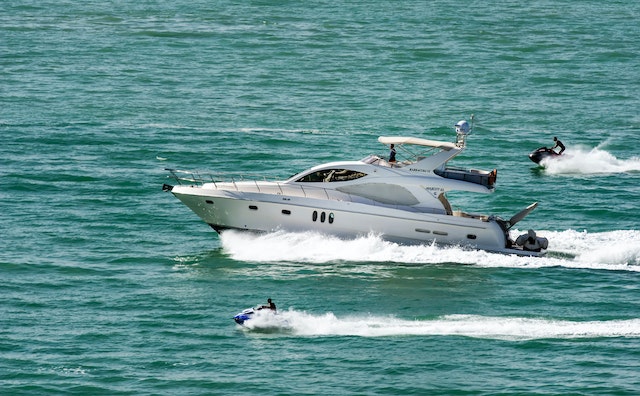
Perhaps the most important thing to do before starting your rental business is to ensure that you get the right insurance. The best insurance policy will provide insurance coverage for your boat, including liability insurance in case of accidents or injuries. Insurance options can be extended to loss of hire in the event of an insurance claim.
Getting the right insurance that addresses your specific commercial operations is very vital for the survival of your business. You don’t want to be paying for the incorrect policies and find out later on of its many exemptions and fine print. So, you must ensure that the policy covers the intended use of the boat and the area you plan to operate.
Ready to Embark on a New Voyage?
There are a lot of areas for boat owners to start renting out their watercraft. But preparation is key to ensure that your business operation can go off without a hitch. It's important to check with the relevant authorities to determine the specific requirements that apply to your business. The team at R&M Insurance Brokers can help you with just that.
We provide in-depth expertise on marine insurance specifically for commercial businesses. From complying with AMSA’s insurance requirements to getting the right policy, our team of brokers works only in your best interest. We understand the complexity of commercial marine. And we aim to match your requirements with the perfect policies that serve your benefit.
